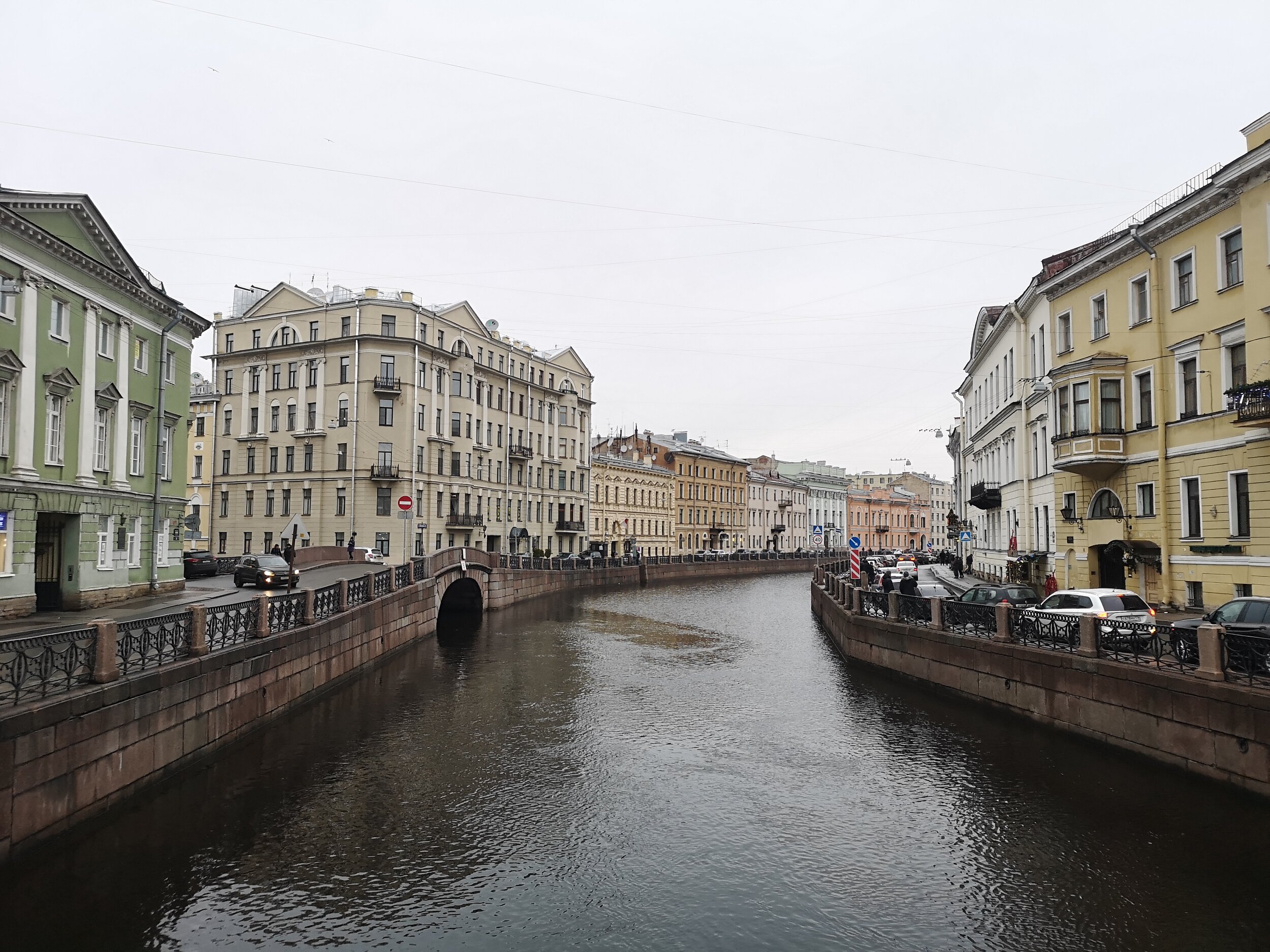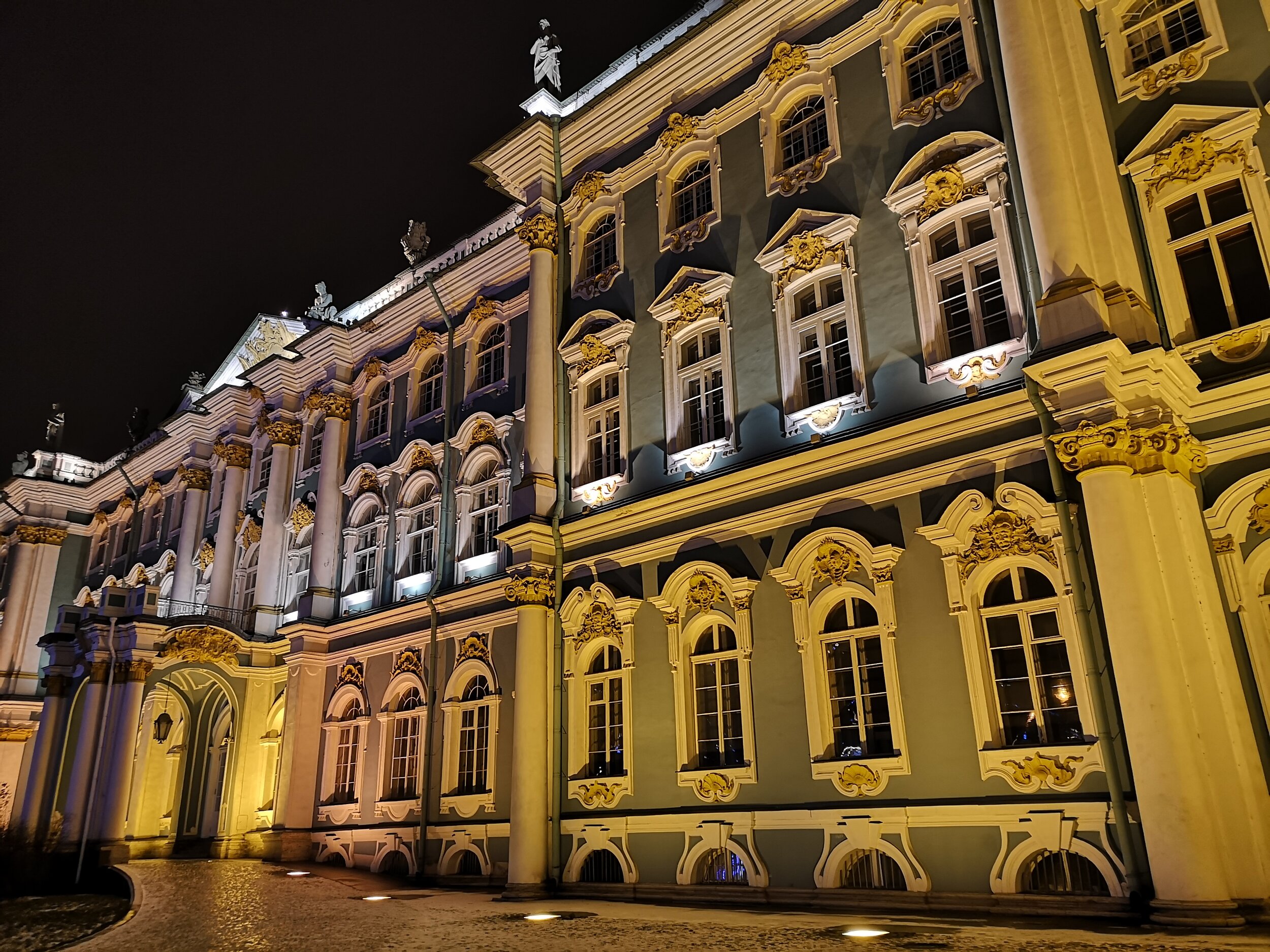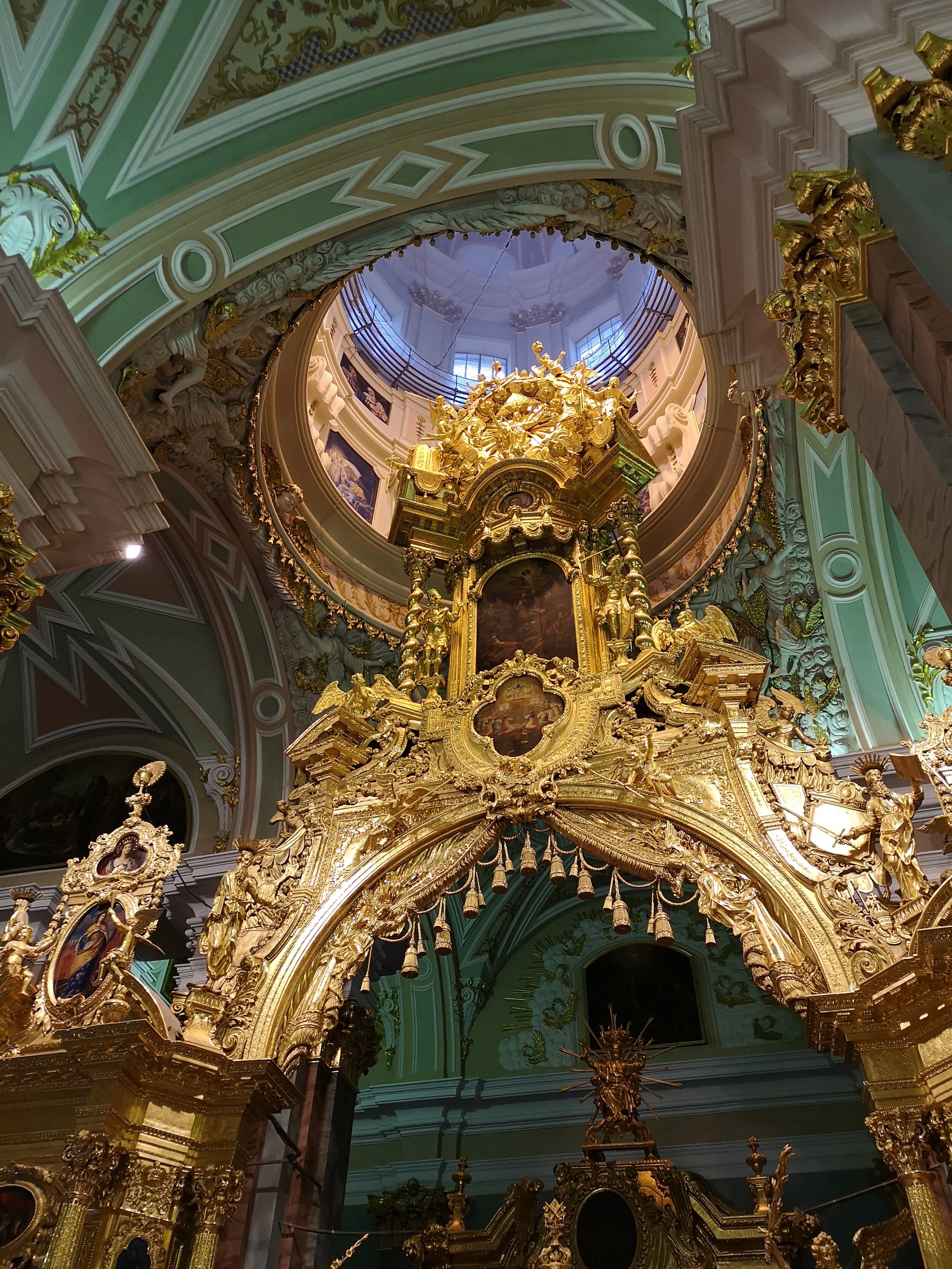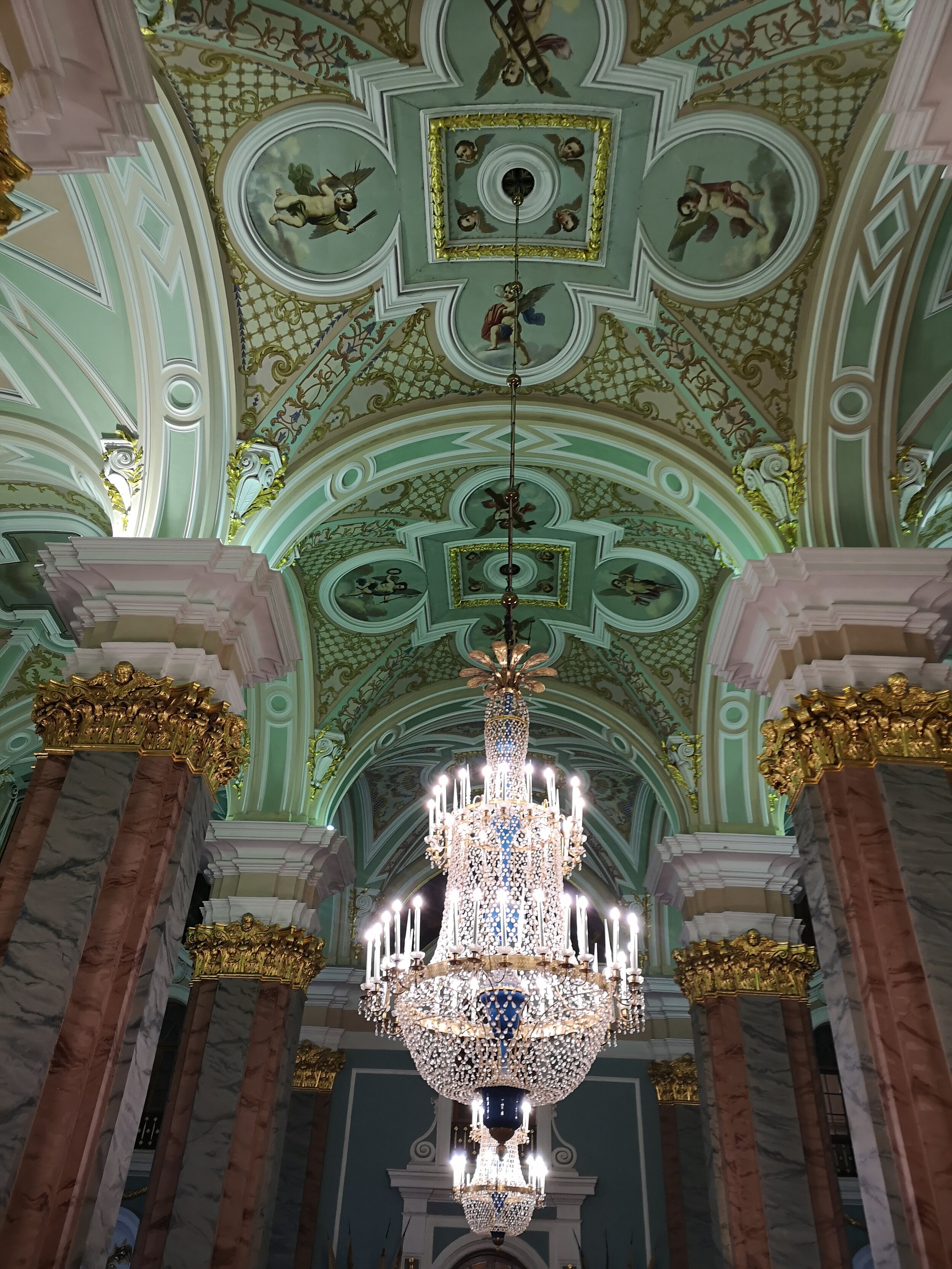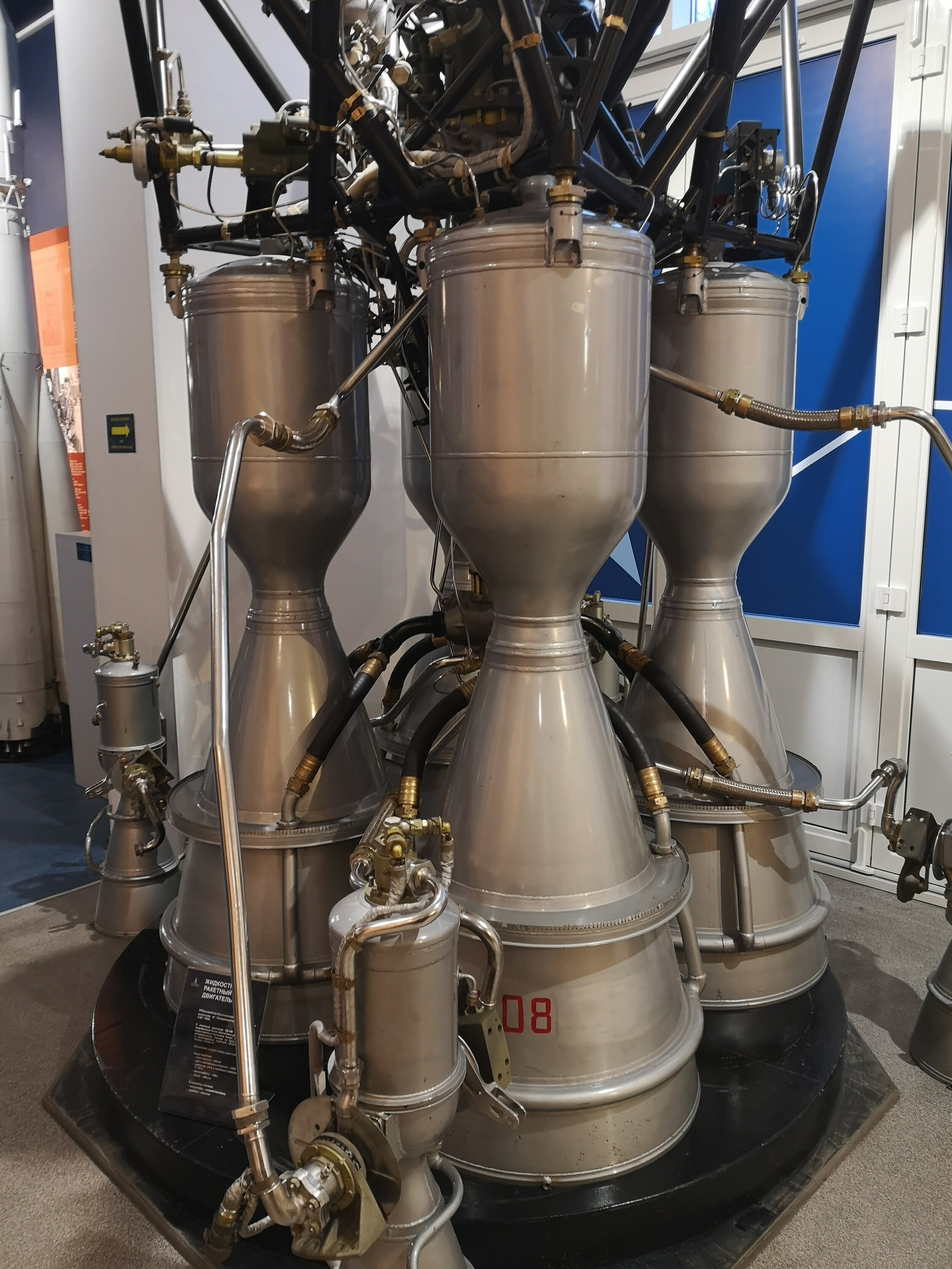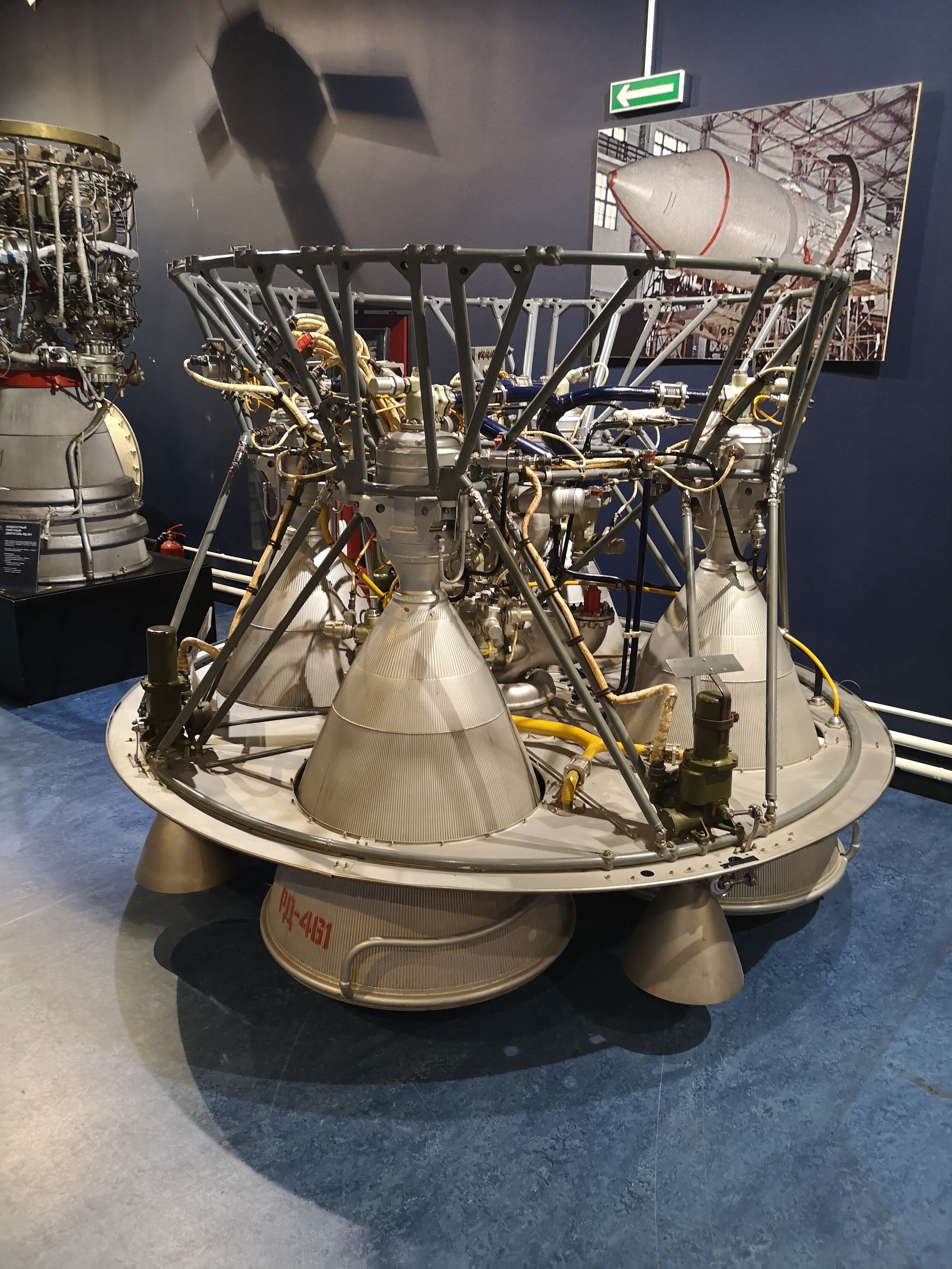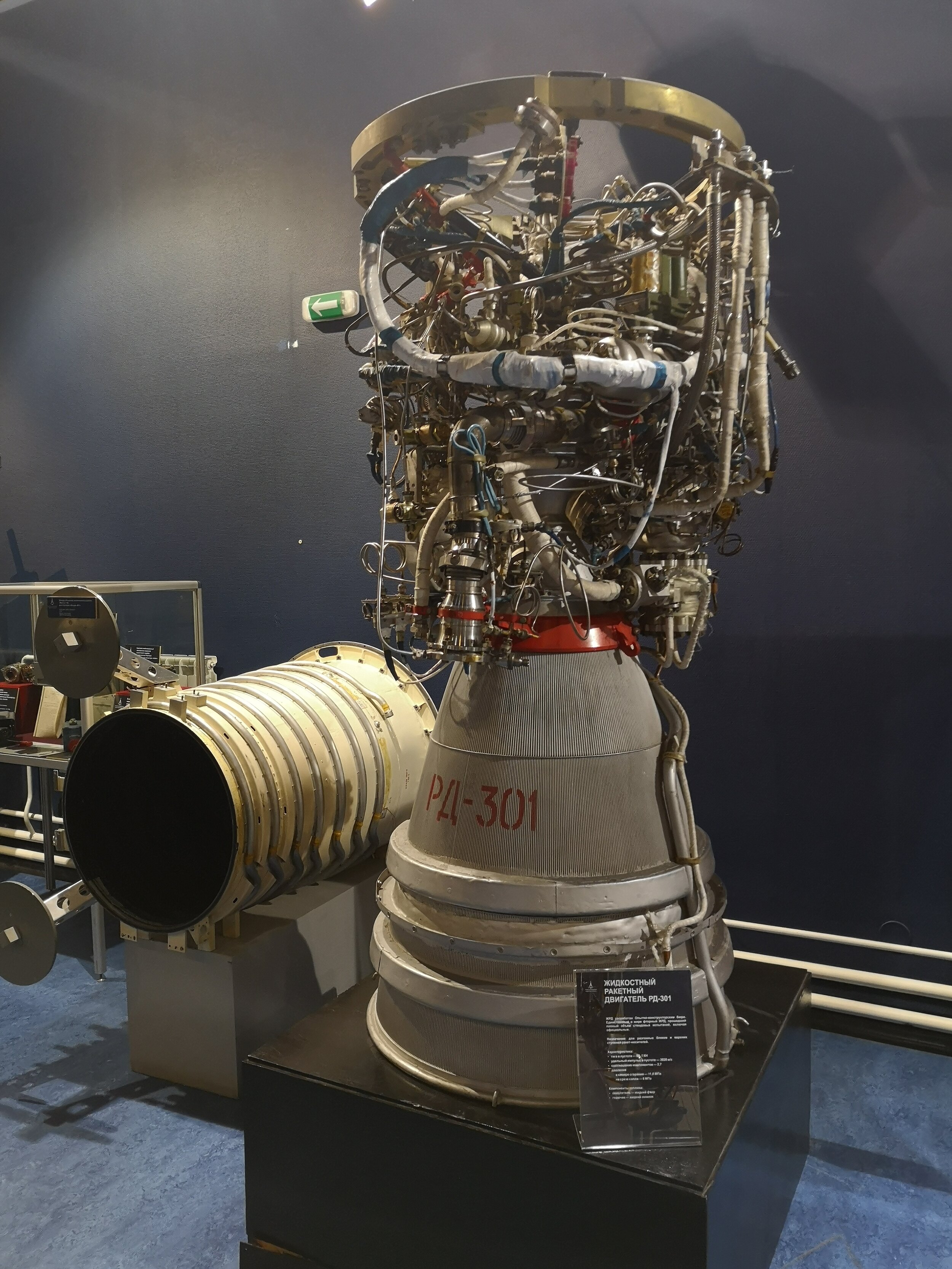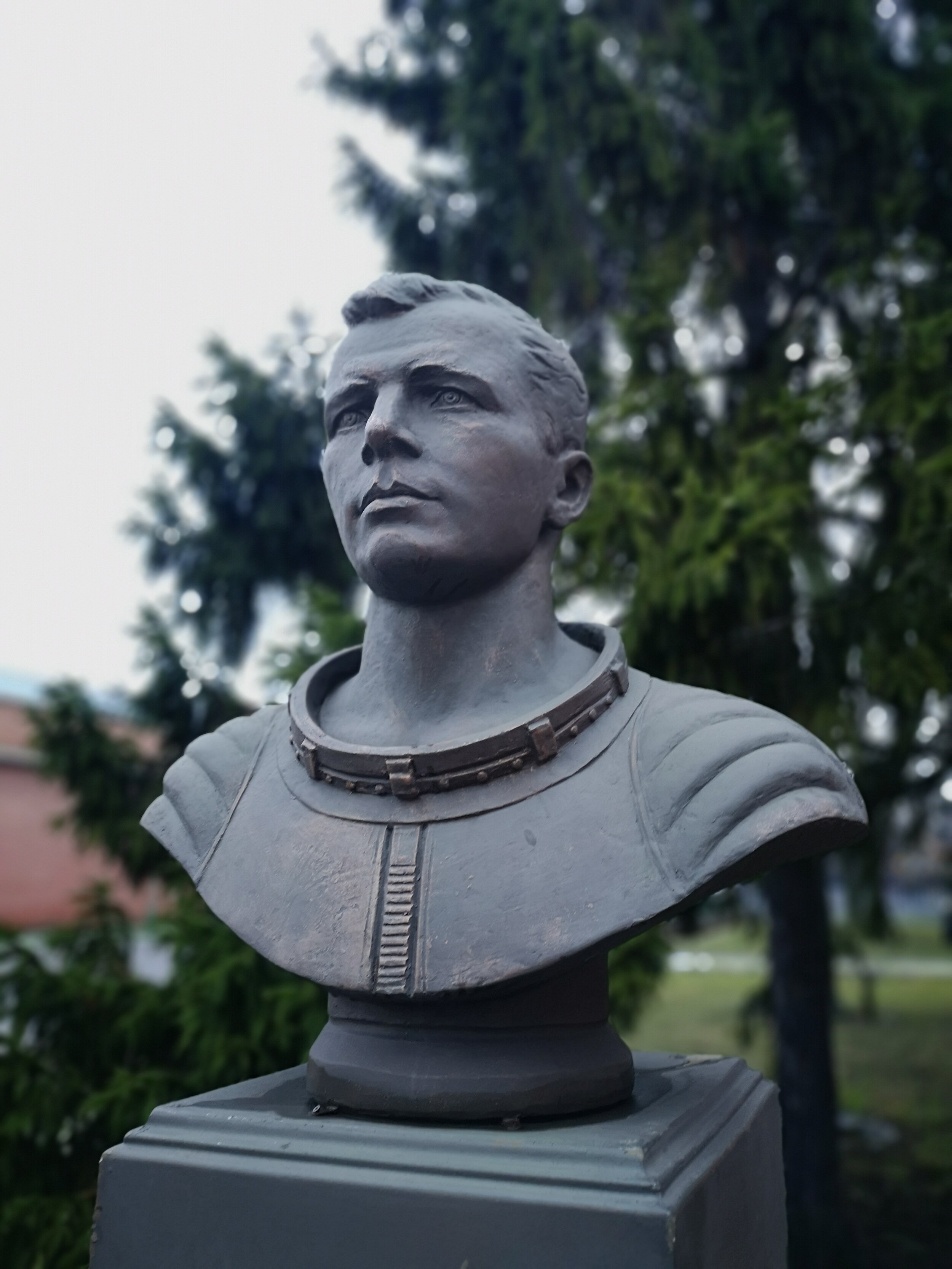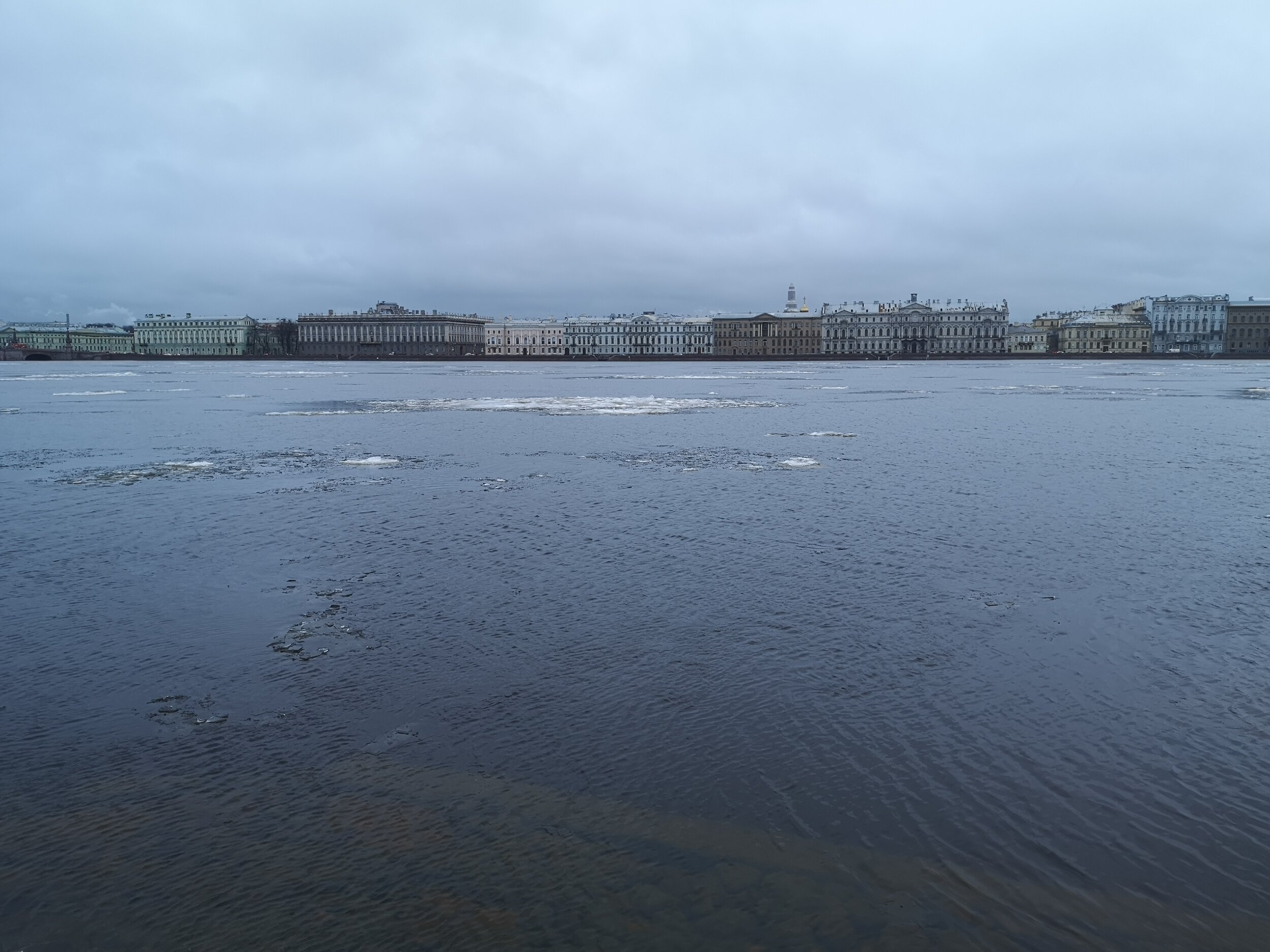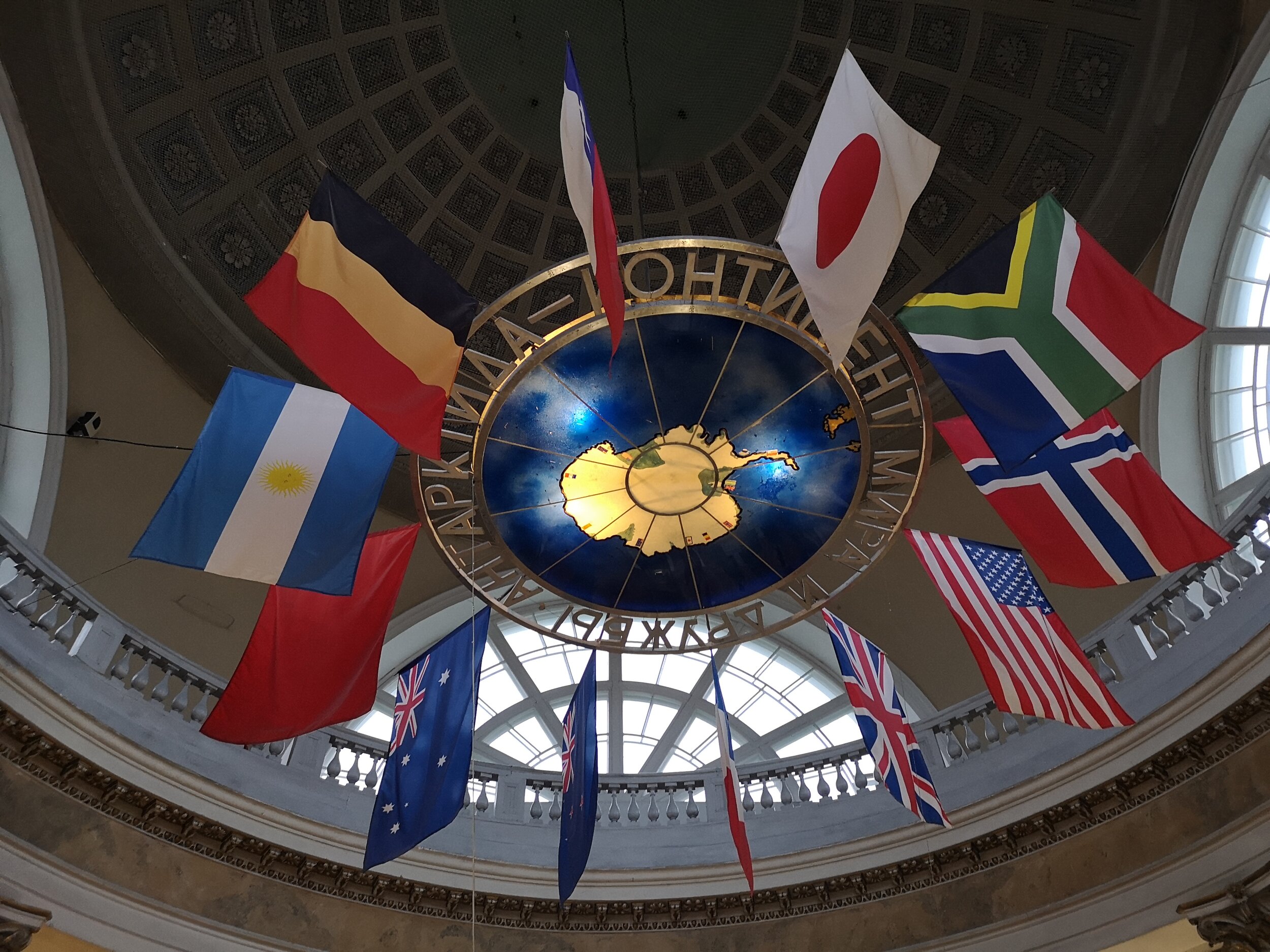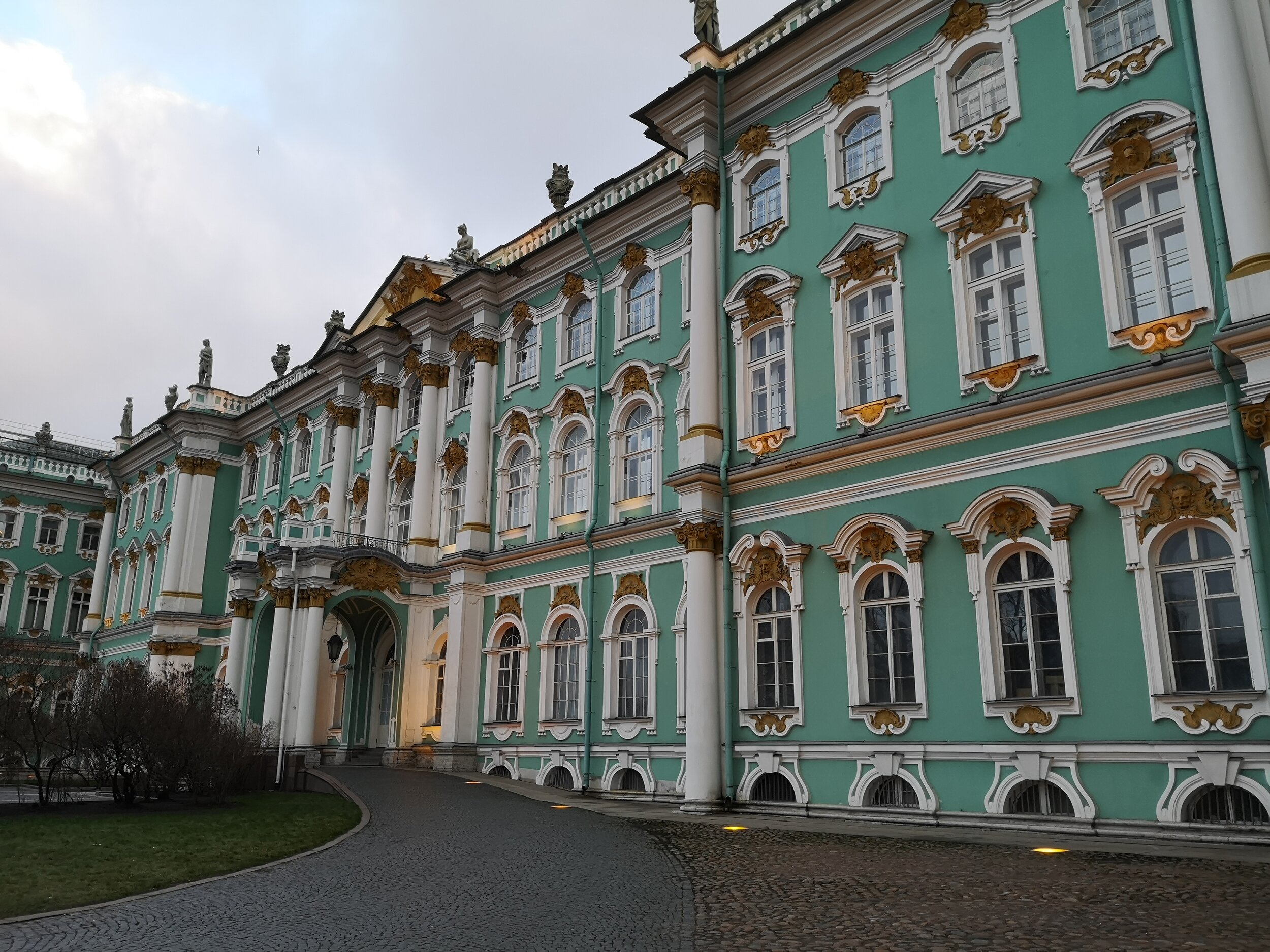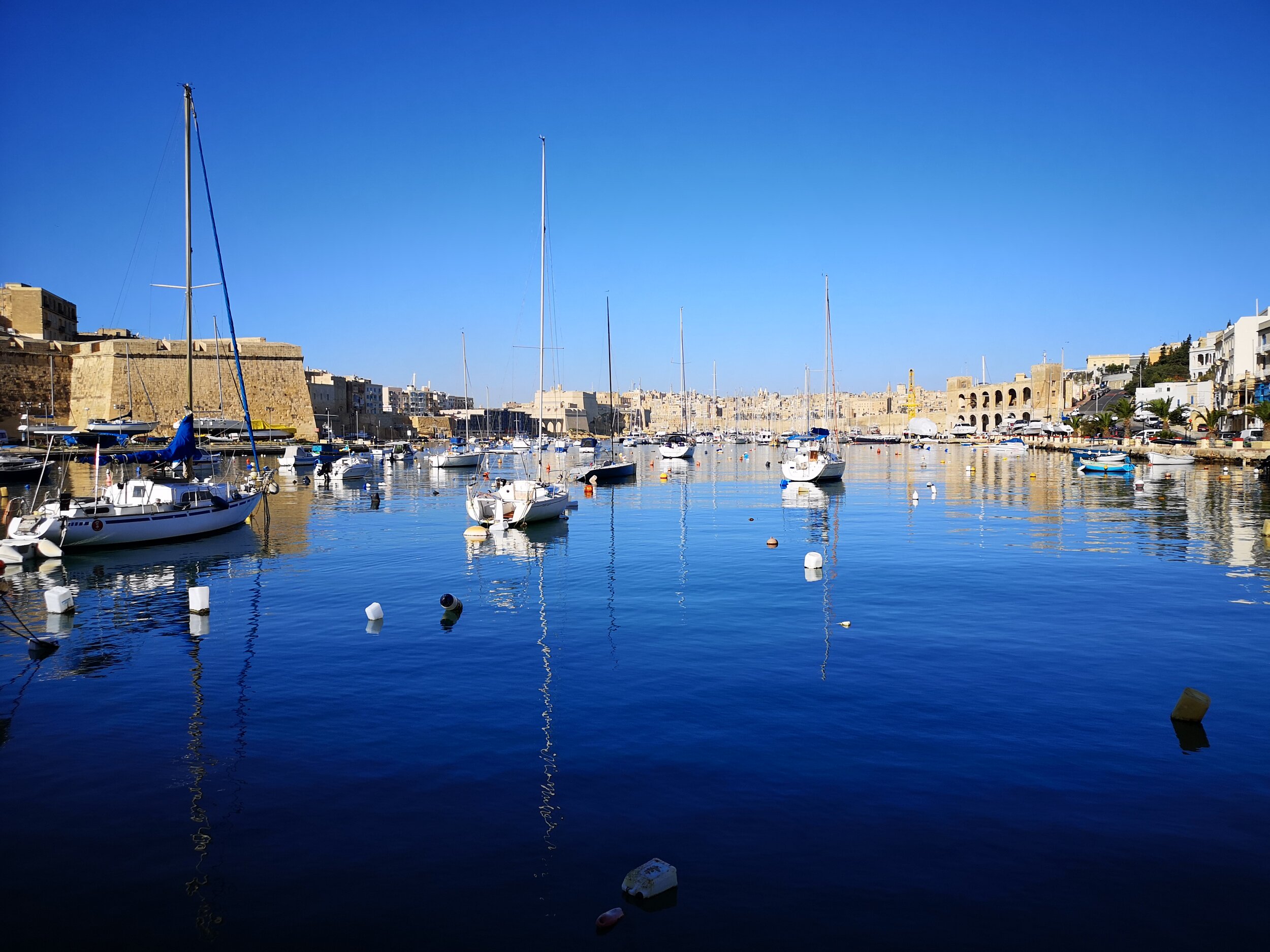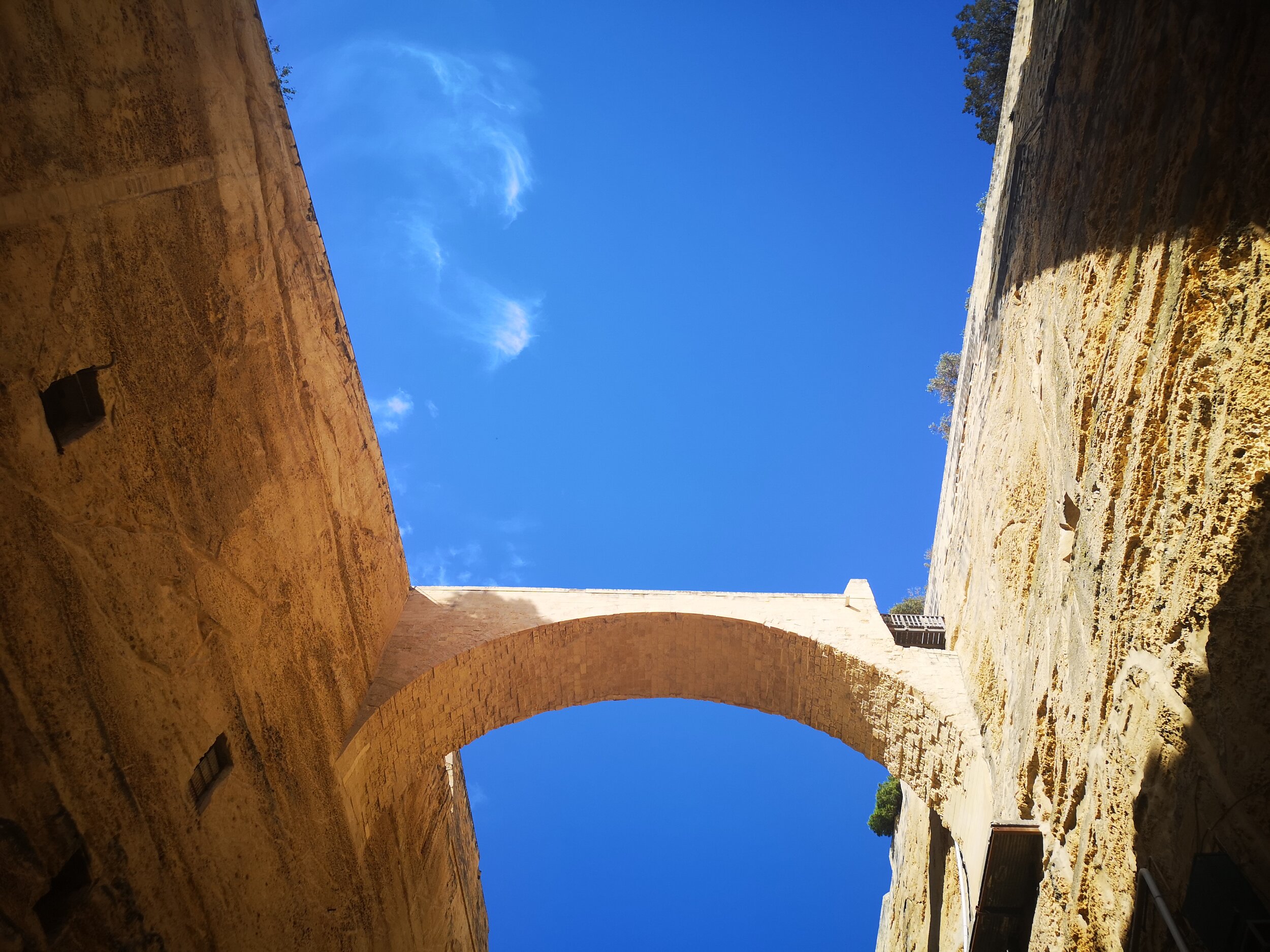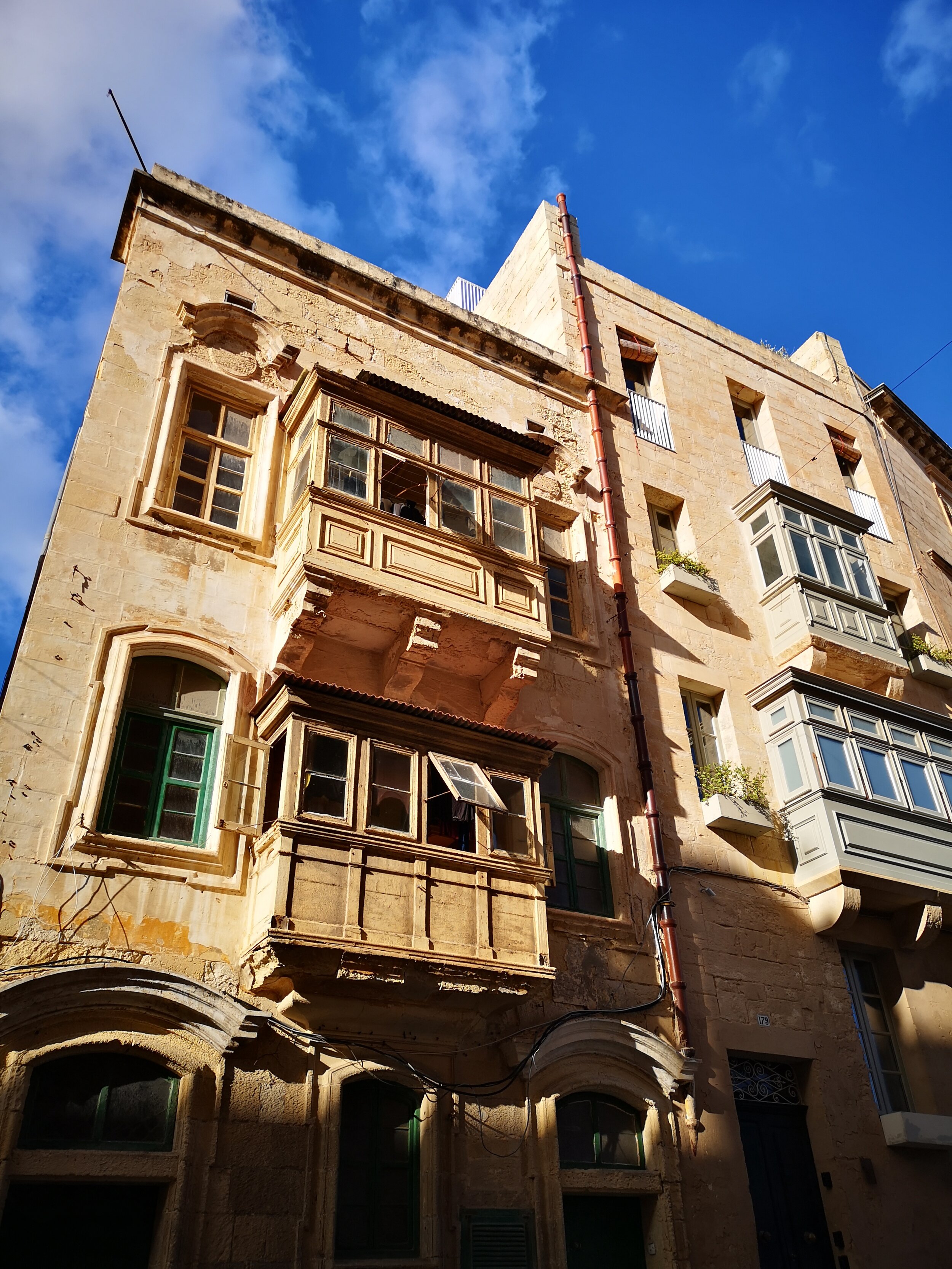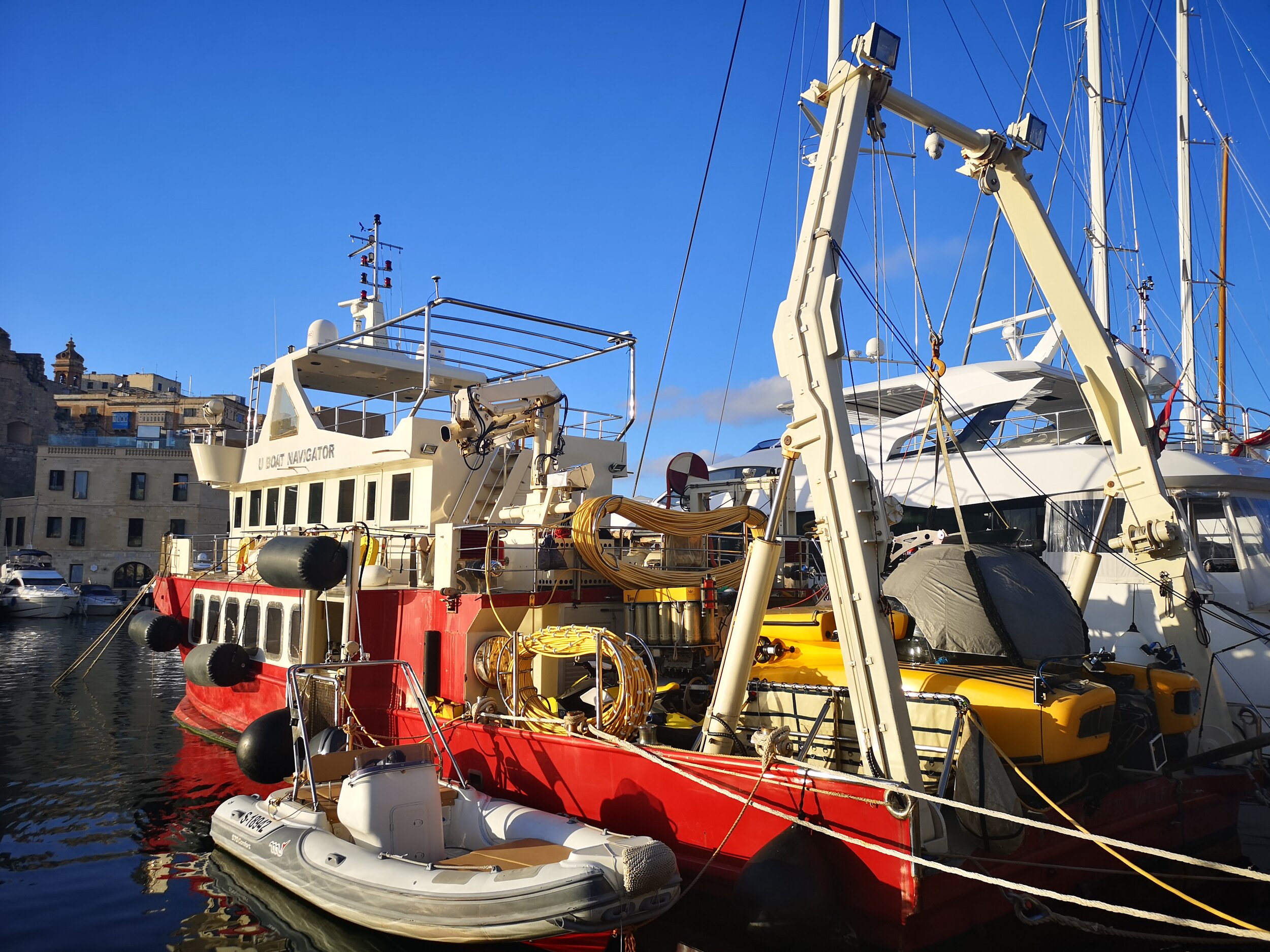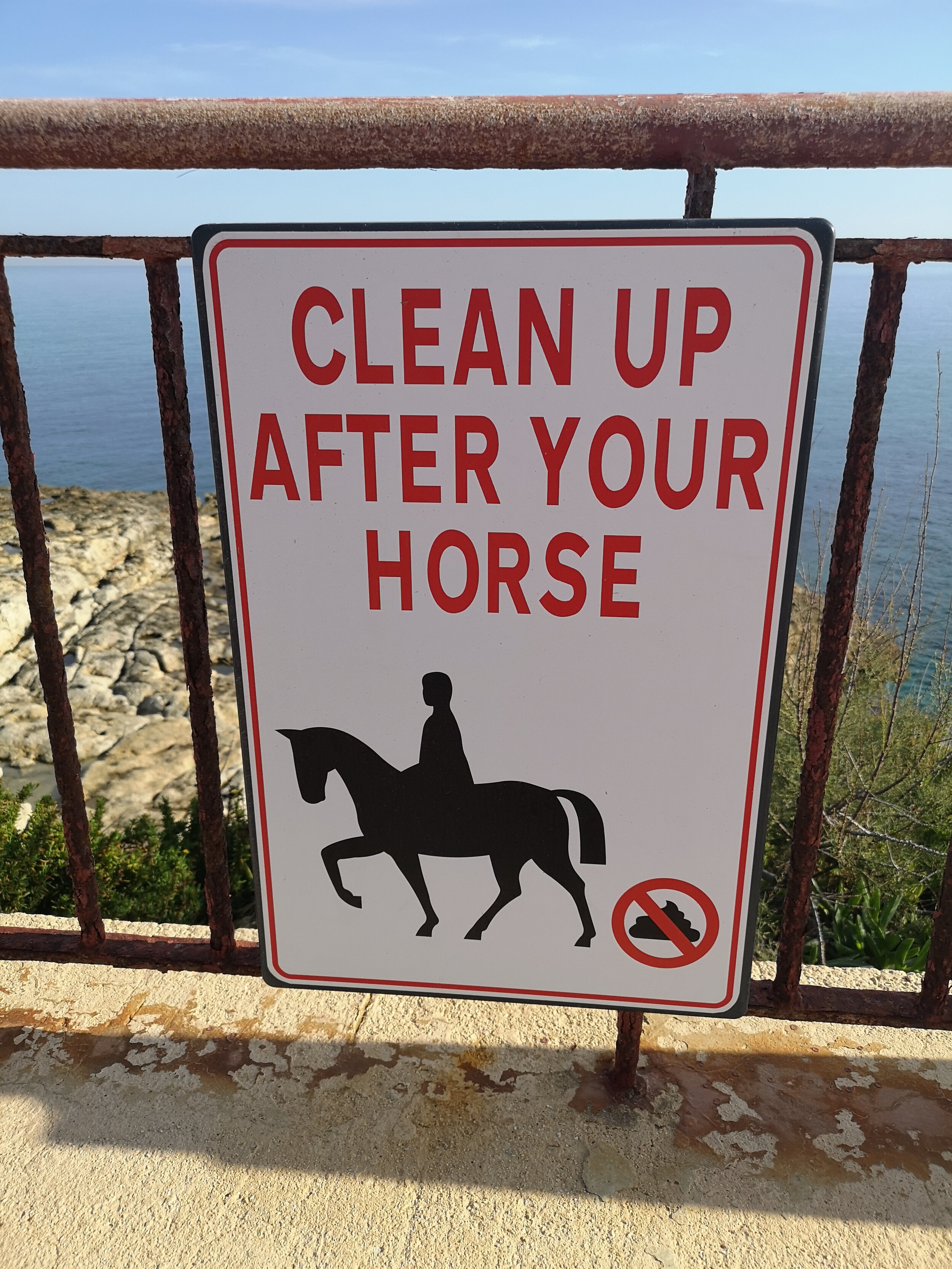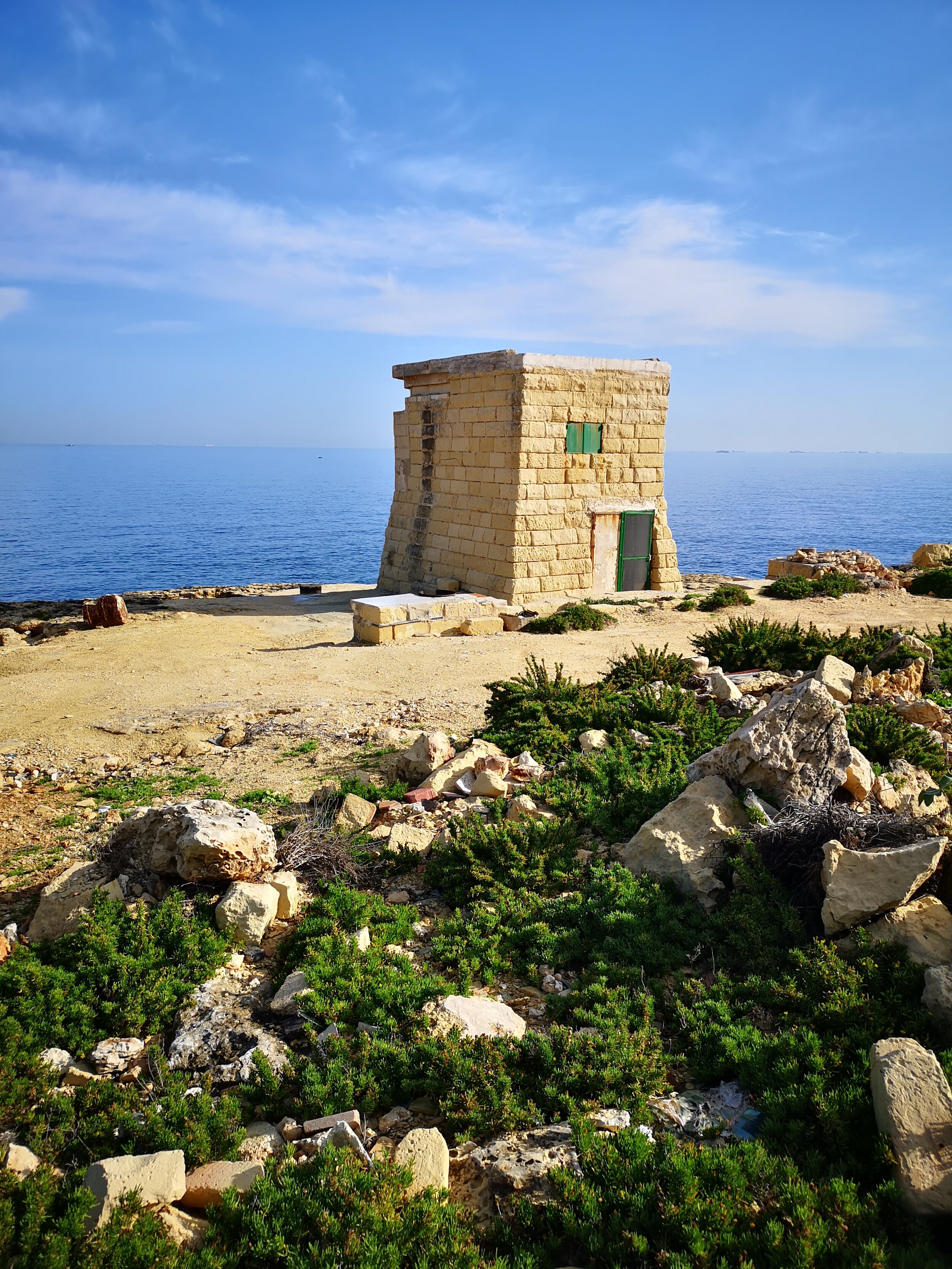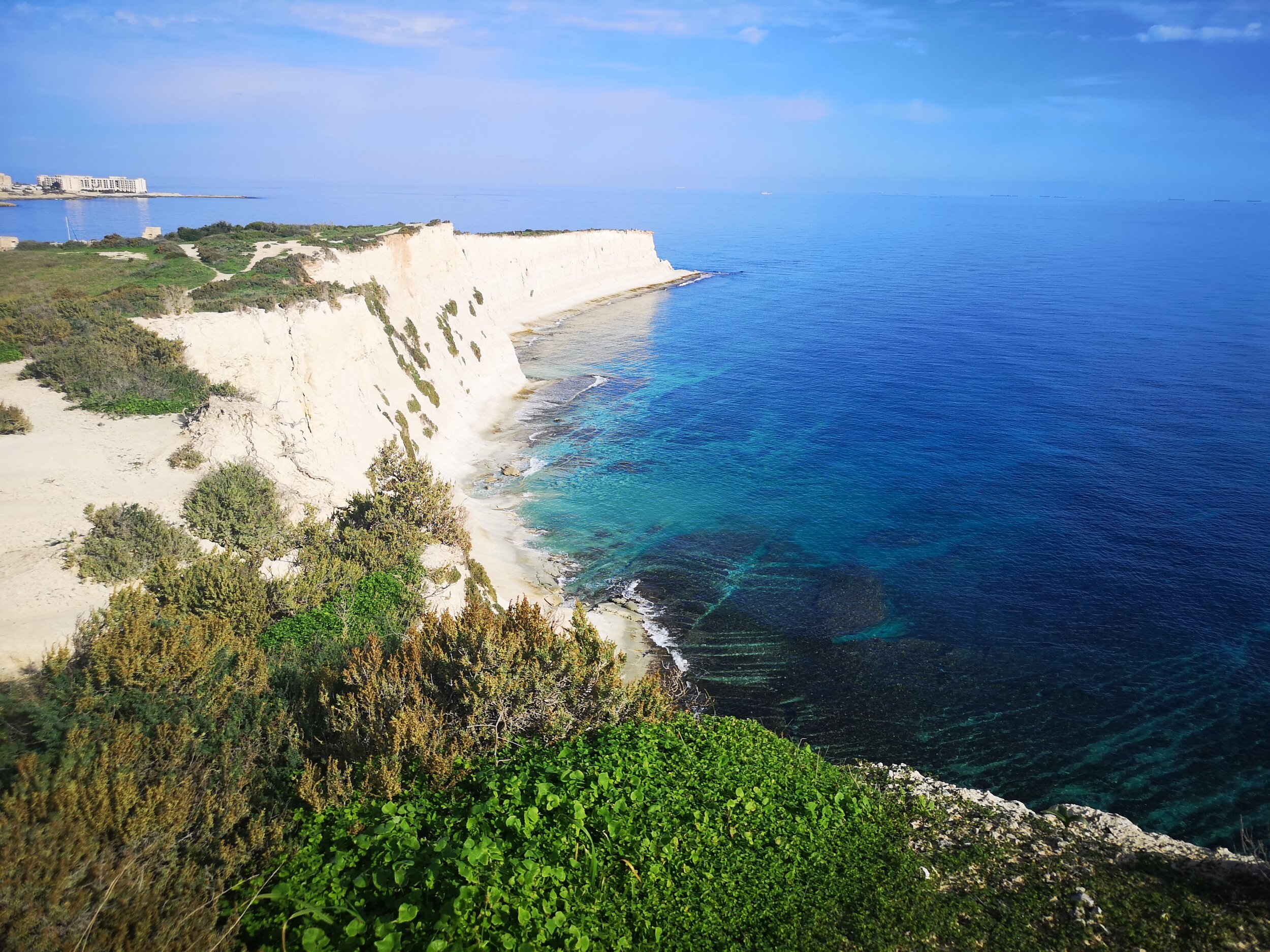Through the constraints faced first by violent protests in Hong Kong and then a broader shut down of travel and imposing social distancing, my online teaching journey started already last year. Since then, I have been successfully teaching courses in online and "hybrid mode". I don't think, like some others, all education will move online in the future. But now we are all in a big social laboratory, and the best thing to do is to run some experiments and share best practices and lessons learned. Here I quickly share what my lessons learned were, and also those ideas shared by colleagues and friends from Universities and the corporate "Zukuftsforum 2020" at B+L GmbH in Bonn serving customers from the construction supply industry. I assume further that everybody is acquainted with the platforms available to do video conferencing and online streaming. They evolved a lot since the "good old times" using Tandberg equipment. But I also won't go into history; even it was an exciting journey since 1998.
My desk now looks more like a TV station than anything else. It needs far more than just, e.g. a Zoom account, to make a useful delivery and manage interaction. So, let me start with the technical periphery aspects first. I learned a lot from the Pros of an entirely different sphere: the Youtubers.
Generally, you need high bandwidth, which depends first of all on your ISP and what you signed up for. But also a wired LAN connection is better than WLAN (Wifi). I won't go into the video conferencing and Webinar services here. They all have their strengths and weaknesses. But be aware that given the security discussions, for example, around Zoom, many companies do not allow to access this. I made good experiences with simply doing lifestreams, for instance, through Vimeo or even Youtube. Be aware though that some services broadcast with a delay. That's a bit irritating in hybrid mode and when you respond to comments. So, choose "ultra-low latency" when it matters, which though well decrease the quality of the stream.
Sound matters. It's not a podcast, I know. But don't underestimate the hassle you can have with sound quality and switching of audio sources during video conferencing and streaming. For pure online lectures, get a headset a clip-on, or a desk microphone as producers of podcasts often use it. If you choose Bluetooth connection, be aware that, unlike laptops, PCs mostly don't have a Bluetooth radio built-in and need an adaptor radio. I have good experiences with a Sennheiser gaming headset, which also cuts out ambient noise, but looks a bit bulky. In "hybrid mode", meaning that you have a local audience and an online one at the same time, you either need to find a way to switch between different microphones quickly (see below) or stick the online mike and the local mike together. It can be as simple as using a rubber band or tape. In discussions, if somebody asks a question, always repeat it for everybody before you answer.
Now to the camera(s). Of course, you can use a good webcam with a USB interface. However, this limits your compatibility with some streaming devices, and better are cameras with an HDMI output if you use those. Additionally, it is crucial that the cameras can be charged while they are used and that they don't overheat.
One camera item which is a game-changer in online teaching and video conferencing is a document camera. I got a straightforward one called Jourist DC80. It only costs about 120 EUR and does a good job. Also, it is foldable enough to fit into my "online teaching box" for travel.
In our commercial conference in June, we rented a lot of professional streaming equipment. It was interesting, but perhaps a little overpowered and definitely it is expensive. Additionally, not working with your own equipment, you always start learning from scratch. Luckily, as I learned from the Youtubing-World, there are small devices available which you can preconfigure to your demand and then switch channels and equipment quickly.
The two I am trying at the moment are:
Elgato Strem Deck (https://www.elgato.com/en/gaming/stream-deck-mini)
Blackmagic ATEM Mini (https://www.blackmagicdesign.com/products/atemmini)
Blackmagic ATEM Mini Pro
At this point, let me quickly mention for the record that I bought all these things myself and I am not an “Influencer” (P.s.s.: It took me a while to understand this is not “influenza” and can be prevented by a vaccination).
I have not entirely made up my mind yet, which one is best. But they all do the job with Blackmagic ATEM Mini Pro having a few more convenient features compared with the ATEM Mini. I guess, instead of writing about them, I will produce a video one day.
Last but not least, the lighting. There are many studio LED lights on the market, which mostly do their job well. I decided for two small ones which can be mounted on camera tripods and have a battery included. They are also an excellent addition to any studio photography. I mounted them for desk use on small desk tripods, but they can, of course, go anywhere. What is useful is a ring light which reduces shadows in video conferencing and also serves well in all kinds of photography applications.
Something I have no use for is a green screen, which allows you to blend into artificial backgrounds. For me, these fake backgrounds are like "the plastic fingernails of videoconferencing". It may be relevant for those who have to stay in a specific CI and in real life have to dwell in a whole. They are also quite large and expensive, and honestly, if I needed one, I'd instead paint a wall green.
So far, the technical part. Let me also briefly touch on the experiences I made with online teaching. Firstly, video recording has its place in the broadcasting of content. But be aware that such videos can reappear in many other places again and even be modified and manipulated. It may breach copyrights and personality rights, but how do you practically want to enforce that in the worlds of "Social Media". This, of course, has an impact on content and style, because you always have to be aware that there may be an extended audience. This is why I always keep recorded online teaching sessions in the spirit of a press conference or shareholder meeting: no uncertainty, no jokes. Another downside of video recording of lectures is that students just watch the video at another time, but are not present to interact in the stream.
For anything really interactive, like discussions and presentations of assignments, I never record. I believe that a "classroom" also when it is virtual is a safe place to discuss anything, test arguments and even "absurd" positions on a subject. Further, I think, it is very likely to infringe personality rights with video recording such sessions, especially given that it is practically impossible to control where the video footage goes.
The last two sections, also are the reasons why I do not believe real education will entirely go online. It has benefits in the training of skills, and definitely will catalytic in bringing online collaboration on a broader basis the way we are collaborating. But for "education", what we can do online is still very limited and may always be.












